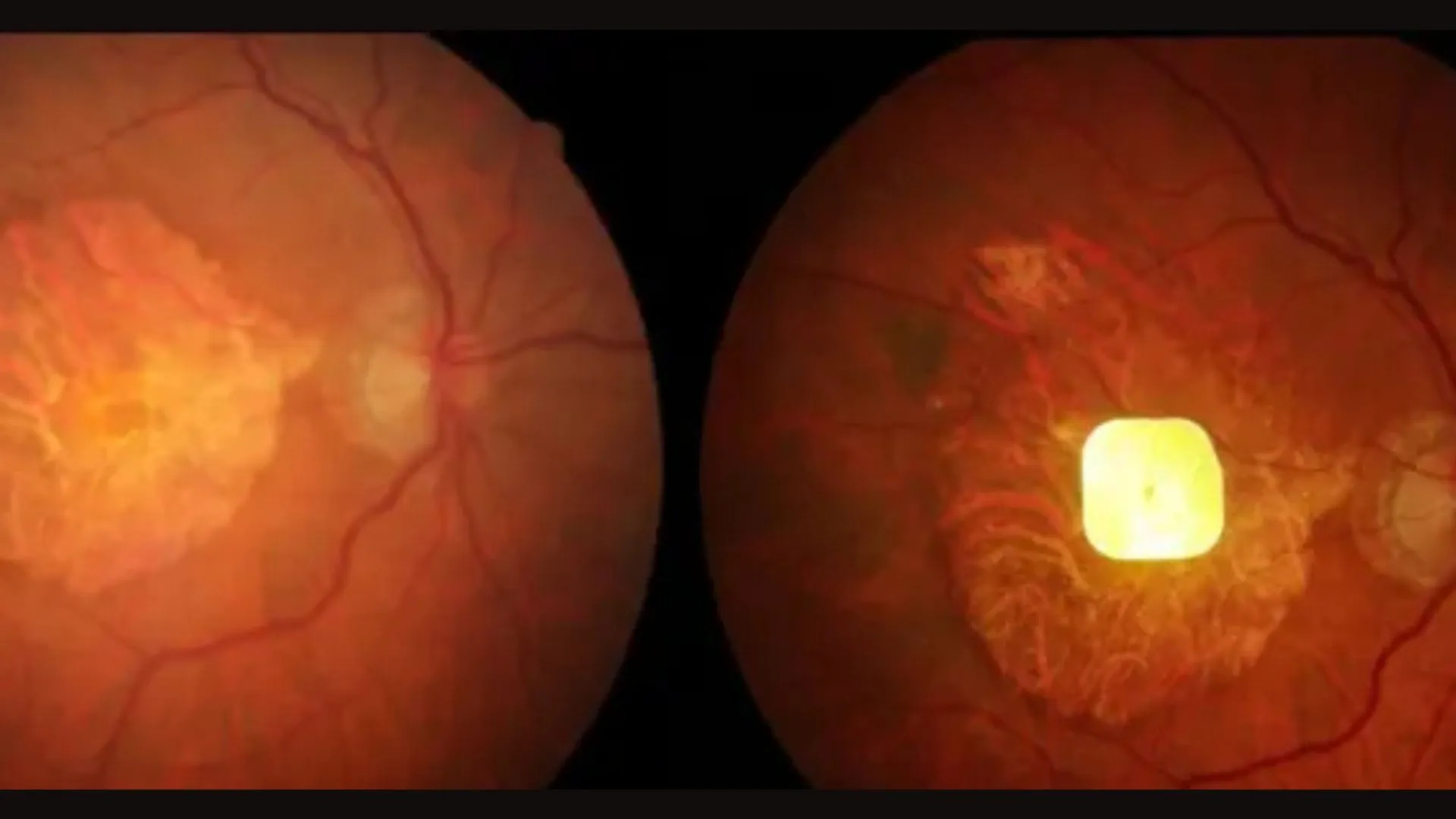Copyright Interesting Engineering

A new electronic eye implant has helped people who lost their sight regain the ability to read, marking a major leap in artificial vision. The European clinical trial, involving researchers from UCL and Moorfields Eye Hospital, found that 84% of participants could once again recognize letters, numbers, and words using the device. The study tested the implant on patients who had gone blind from geographic atrophy caused by dry age-related macular degeneration (AMD), a currently untreatable condition. Participants in the study were able to read an average of five lines on a standard vision chart. Before surgery, many could not distinguish the chart at all. The trial enrolled 38 patients across 17 hospitals in five countries, with Moorfields Eye Hospital serving as the only UK site. Each participant had lost central vision in one eye due to dry AMD, which destroys light-sensitive macular cells over time. Around five million people globally live with the advanced form of the condition, known as geographic atrophy (GA), for which no treatment currently exists. The new implant, called PRIMA, is the first of its kind capable of restoring reading ability through an eye that had gone completely blind. “In the history of artificial vision, this represents a new era,” said Mr. Mahi Muqit, associate professor at UCL’s Institute of Ophthalmology and senior vitreoretinal consultant at Moorfields Eye Hospital. He added that regaining the ability to read improved patients’ mood, confidence, and independence. “The PRIMA chip operation can safely be performed by any trained vitreoretinal surgeon in under two hours — that is key for allowing all blind patients to have access to this new medical therapy for GA in dry AMD,” Muqit said. How it works The procedure begins with a vitrectomy to remove the eye’s vitreous gel. Surgeons then insert a 2mm-by-2mm microchip, shaped like a SIM card, beneath the central retina. After healing, patients use augmented-reality glasses linked to a small waist-worn computer. The glasses’ camera captures visual scenes and projects them as an infrared beam across the chip. AI algorithms convert this data into electrical signals that travel through the optic nerve to the brain, creating a new form of visual perception. With practice, patients learn to scan text and adjust zoom to read. Rehabilitation is key, often lasting several months. Importantly, no participant experienced a decline in their remaining peripheral vision. Seeing again One of the UK participants, Sheila Irvine, shared her experience. “Before receiving the implant, it was like having two black discs in my eyes, with the outside distorted,” she said. “I was an avid bookworm, and I wanted that back. I was nervous, excited, all those things.” She described the moment she saw letters again as “dead exciting.” “It’s not simple, learning to read again, but the more hours I put in, the more I pick up,” she added. Irvine now challenges herself with small print, crosswords, and product labels. “It’s made a big difference. Reading takes you into another world, I’m definitely more optimistic now.” The trial was led globally by Dr. Frank Holz at the University of Bonn, with participants from the UK, France, Italy, and the Netherlands. The PRIMA device is developed by Science Corporation (science.xyz), which specializes in brain-computer interfaces and neural engineering. Muqit said the results could pave the way for future treatments: “My feeling is that the door is open for medical devices in this area, because there is no treatment currently licensed for dry AMD — it doesn’t exist.” The study is published in The New England Journal of Medicine.



